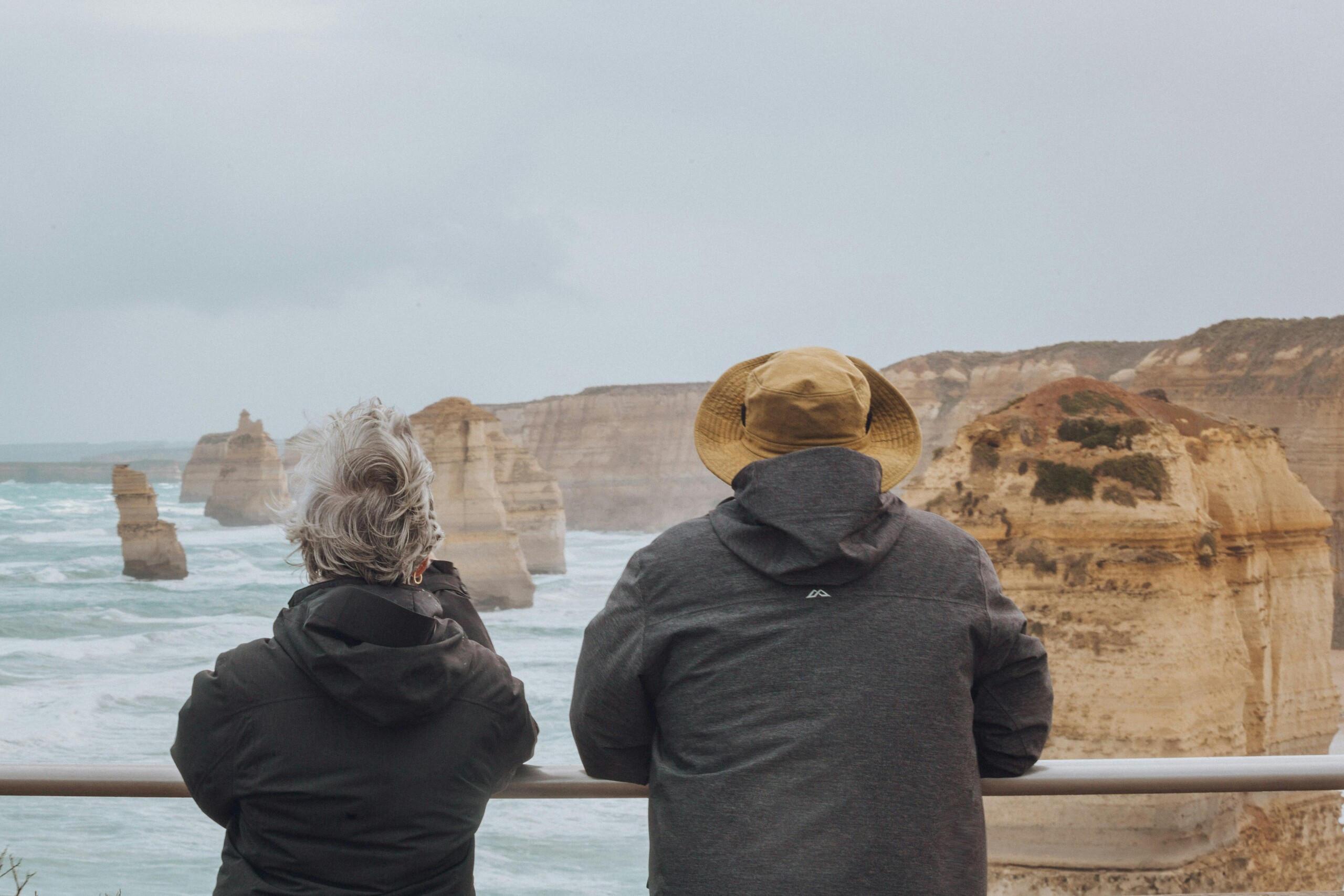
Local Buyer
FAQ & Buyers tips
1. What is the First Owner Grant?
The First Home Owner Grant provides eligible first home owners with a oneoff payment. Some lenders will help to arrange the First Home Owner Grant application for you. Eligibility criteria and application forms are available from the State Revenue Office at sro.vic.gov.au
2. Do I need to pay Commission to buy a property? Why someone pay to a Buyers Agent?
As a buyer, you will not pay an agent for services provided in selling the property.
Buyer’s advocates (Buyers Agent):
A buyer’s advocate is a licensed estate agent who, for a fee or commission, acts for a buyer instead of a seller. They can source properties, bid at auction and generally represent a buyer throughout the buying process.
3. Why do I need Conveyancer?
The transfer of ownership of land from the seller to the buyer is called a conveyance of land. This is usually undertaken with the help of a legal practitioner or conveyancer. Buyers and sellers should engage their own legal practitioner or conveyancer. They can be engaged by a buyer to check the vendor’s statement, advise on the terms and conditions in the contract of sale and conduct searches.
4. What is Private Sale?
- the seller and buyer negotiate a sale price
- the contract may be conditional – with the seller’s approval, the buyer can make the sale subject to finance (obtaining a loan), a satisfactory building inspection report, or other conditions
- there is a three business day coolingoff period (with exceptions) for residential properties.
5. What is Public Auction?
- the price is determined by competitive bidding between prospective buyers
- the contract is unconditional
- you have no cooling-off rights if you buy at auction.
6. Do I need to organise a Professional Building Inspection?
It all depends on your budget, for each building inspection report may cost between $400-$600. If you are interested in too many properties you’d have a budget to do building inspection for your favorite properties.
The inspector will provide a written report listing faults, whether they can be repaired and the likely cost. The report will also highlight any unsafe renovations or extensions. You may be able to use this report to negotiate conditions in the contract – and possibly the price – with the seller.
The inspection service should have full professional indemnity insurance to protect you, as the buyer, if a problem is missed in the inspection.
7. Conditional Offers
In a private sale, you can negotiate with the seller to make the sale subject to certain conditions such as finance, the sale of another property. If the contract is subject to finance (normally 14 days from the date you make offer, you can request an extension from your conveyancer), always nominate a lender in the relevant section of the contract.
8. Settlement Period
Settlement is the date on which the balance of the purchase price is paid to the seller, and the property title is handed over to the buyer. Settlement is usually between 30 and 90 days.
9. How long do I need to pay the deposit?
The deposit (normally 10% of the puchasing price) is generally paid by the buyer to the seller’s agent. This happens either when the buyer makes their offer or by the date stated in the contract of sale (normally within 24 to 72 hours). The deposit is held by the seller’s agent, conveyancer or legal practitioner, in a trust account, until settlement.
10. Pre-settlement inspection
Buyers are entitled to inspect the property at any reasonable time one week before settlement. The contract of sale outlines the seller’s obligation to hand over the property in the same condition as when it was sold.
